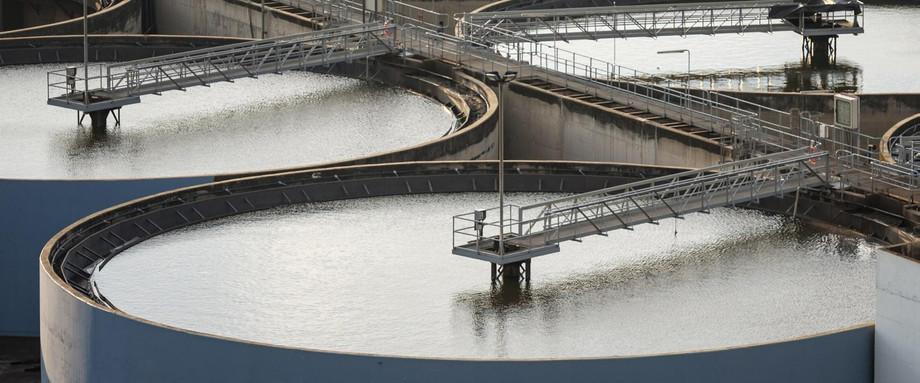Welcome to
On Feet Nation
Members
Blog Posts
Top Content
Why Should Stormwater Bypass Interceptors Be Used In Industries For Waste Water Treatment?
Environmental pollution has become a possible hazard to people as well as all living species inside the ecosystem in today's globe. Pollutants, the majority of which emerge in wastewater, are the main cause of pollution in industries, regardless of the type of industry they are in. The wastewater is discharged into a pond, river, sea, or ocean, polluting the entire water body and causing harm to all living things in the water. The oxygen level in the water bodies drops, killing all living creatures, including fish. As a result, wastewater treatment is required to remove pollutants from wastewater before it is discharged into the environment.
Solid particles in wastewater, if not removed, can cause blockages in drains, so they must be removed from the wastewater as well.
Humankind has been able to build a technology that can perform both duties thanks to technological advancements. Storm water Bypass Interceptors are a type of machine that is widely employed in various industries around the world, including commercial development areas, paved holding yards, industrial trash bin bays, loading docks, and so on. It catches hydrocarbons and some light liquid pollutants in addition to eliminating gross pollutants and silts. This machine is constructed of rough-molded polyethylene and operates in two stages:
The sludge hauling arrestor removes the waste's nasty contaminants.
After a period of detention, silt is removed and oil droplets are held so that they do not clog the system or cause blockages outside.
The need of the hour in several other businesses, such as construction sites, is to remove floating debris and silt from the wastewater before it enters the drainage system. However, wastewater treatment becomes more important in this field, which includes car parks, loading docks, driveways, commercial development areas, industrial rubbish bin bays, outdoor eating areas, wash down bays, and so on, because the debris in the waste may block the entire drainage system or water body, causing the living organism to die.
As a result, Gross Pollutant Traps are quite popular in many nations for this purpose. By adopting at-source treatment, it helps to protect the environment from gross pollutants such as cans, plastic bags, fine silt, and sand. They're also used to keep silt out of the treatment device, pumping chambers, and detention tanks, where it might cause clogs.
Collection of grease and oily wastes is required in the oil, petroleum, and food industries to prevent them from entering the sewage system and causing blockages. Furthermore, if oil and grease are combined into a river, pond, or sea, they reduce the amount of dissolved oxygen in the water, suffocating living organisms to death and contaminating the water. Additionally, silt can obstruct the flow of the water body. Grease Arrestors, which are light in weight, constructed of polyethylene, corrosion-resistant, and easier to install or clean, were developed as a result of years of research. It removes grease, sludge, and oily wastes from wastewater using coagulation and flotation techniques, keeping these pollutants from entering the sewage system.
Our Source:-https://sites.google.com/view/sludge-hauling/home
© 2024 Created by PH the vintage.
Powered by
![]()

You need to be a member of On Feet Nation to add comments!
Join On Feet Nation